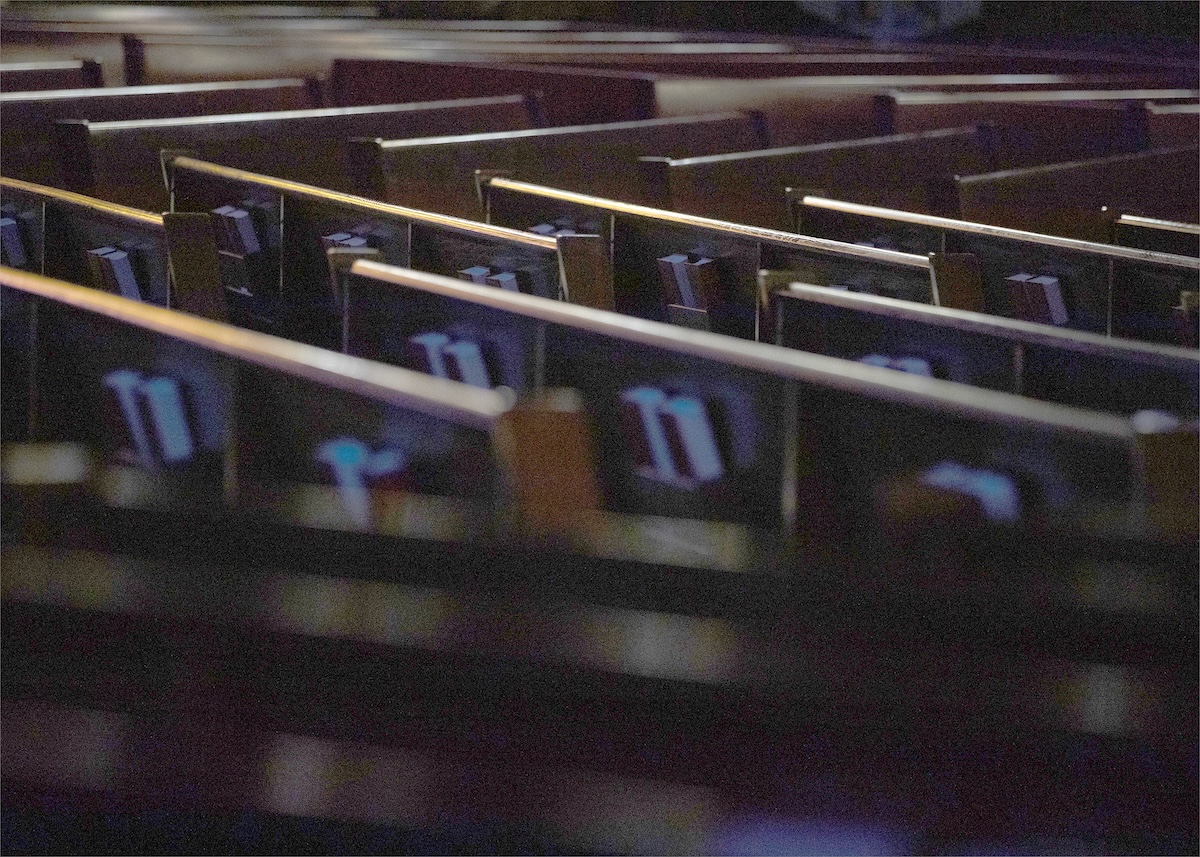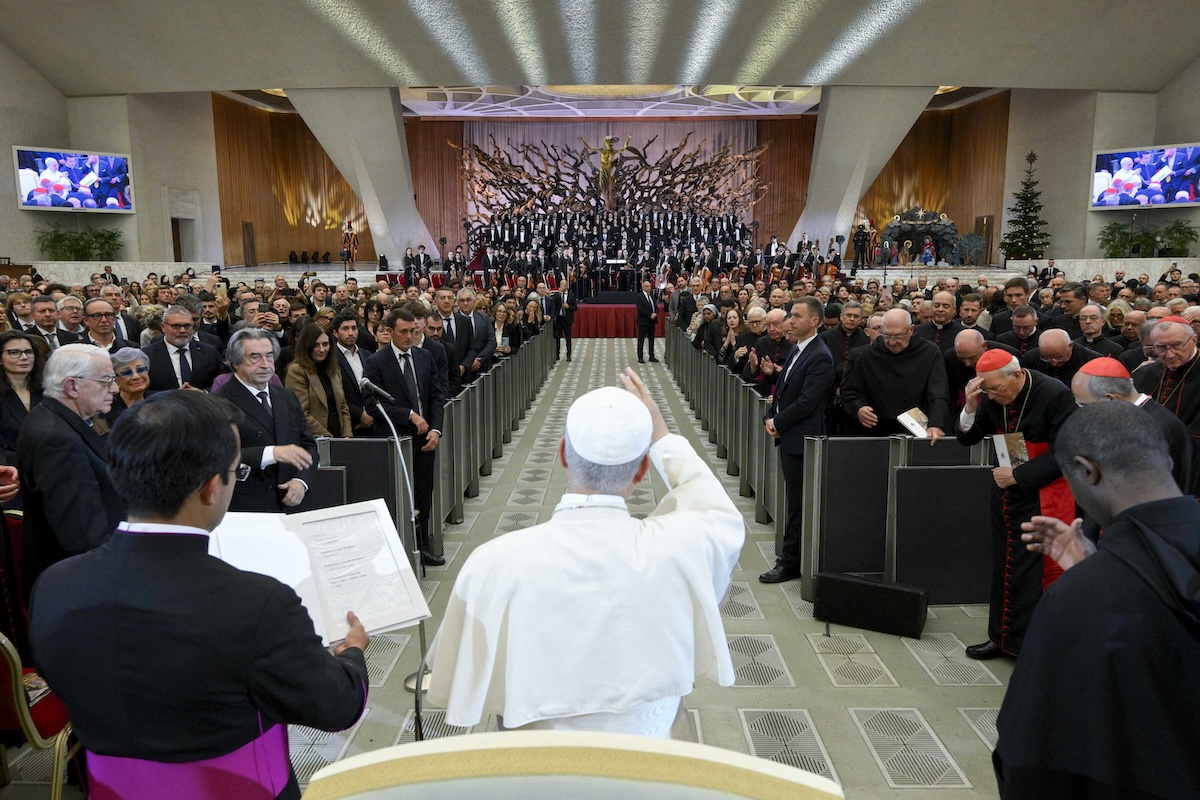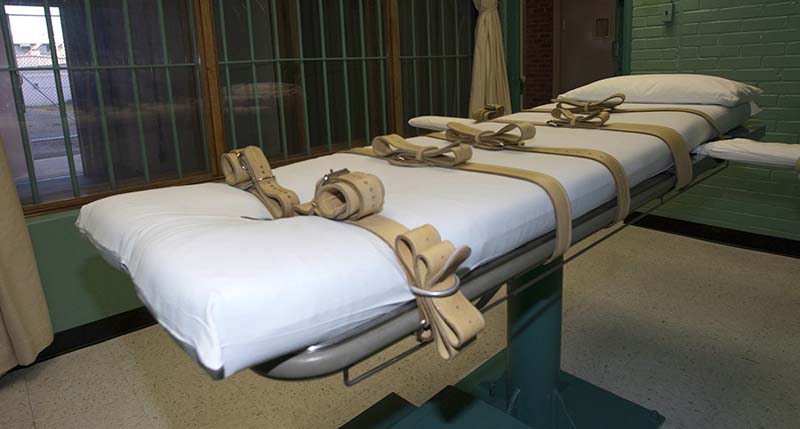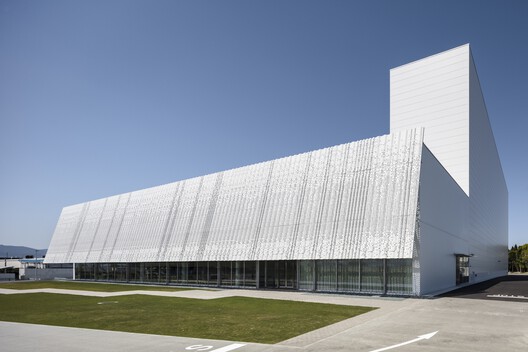CIA chief quietly meets EU officials to soothe US intel-sharing fears
BRUSSELS — CIA Director John Ratcliffe made a low-key stop in Brussels this week, meeting top EU foreign and intelligence officials to deliver a not-so-subtle message: You can still trust us.
Ratcliffe met with the EU’s top diplomat, Kaja Kallas, as well as senior officials from the EU Intelligence and Situation Center (INTCEN) and the EU Military Staff Intelligence Directorate (EUMS), according to three people with knowledge of the meeting.
The goal, two officials said, was to steady nerves and reaffirm Washington’s commitment to intelligence-sharing — as some European capitals grow uneasy about the direction of U.S. foreign policy under President Donald Trump.
The Trump administration’s erratic policy shifts on Ukraine — such as abruptly halting the sharing of battlefield intelligence with Kyiv last March — and its push to politicize intelligence by appointing Trump loyalists have shaken European confidence in Washington’s reliability.
Ratcliffe, a former Republican congressman from Texas, built his reputation as one of Trump’s fiercest defenders on Capitol Hill — particularly during the first impeachment proceedings, when he used his perch on the House Intelligence Committee to attack the inquiry.
Officially, Ratcliffe was in town to brief the North Atlantic Council, the political decision-making body of NATO, one diplomat said. But his side meeting with the bloc’s foreign policy arm, the EEAS, sent a clear signal: Langley wants to keep lines open.
The expectation is that the meeting won’t be a one-off: “Should be regular from now on,” one official said. Ratcliffe and his EU counterparts also discussed shared challenges, including Russia, China and the Middle East.
The diplomatic push comes at a sensitive moment. European services are working to bury decades of distrust to build a shared EU intelligence operation to counter Russian aggression while they rethink their intel-sharing arrangements with the U.S. The Dutch civil and military intelligence service told local paper De Volkskrant earlier this month that they’d halted some exchanges, citing political interference and human rights concerns.




















:quality(85):upscale()/2023/09/18/918/n/1922398/a1136b676508baddc752f5.20098216_.jpg)
:quality(85):upscale()/2025/10/09/670/n/1922283/00b944c868e7cf4f7b79b3.95741067_.jpg)
:quality(85):upscale()/2025/10/15/765/n/1922398/29c37a6e68efd84bb02f35.49541188_.jpg)
:quality(85):upscale()/2025/09/09/891/n/1922283/7222624268c08ccba1c9a3.01436482_.png)
















